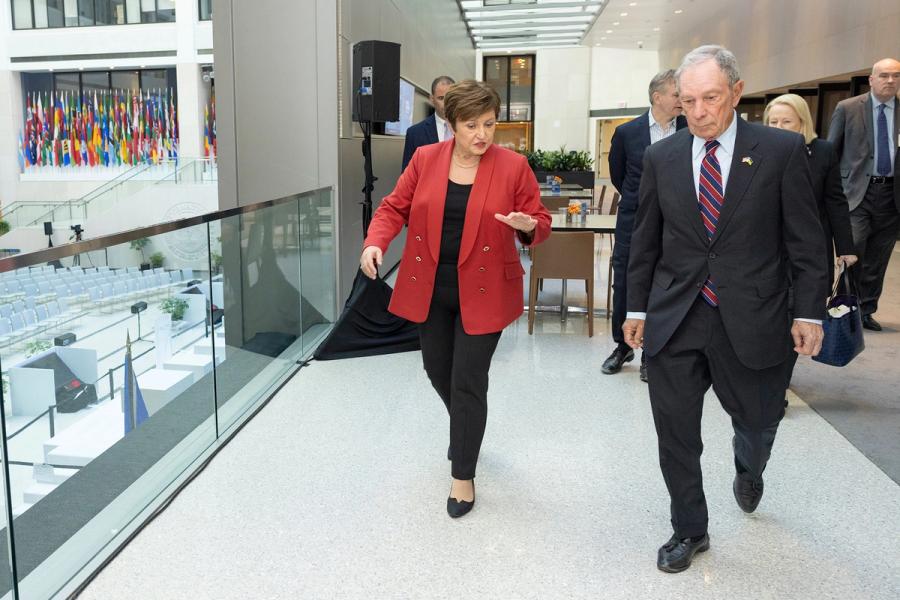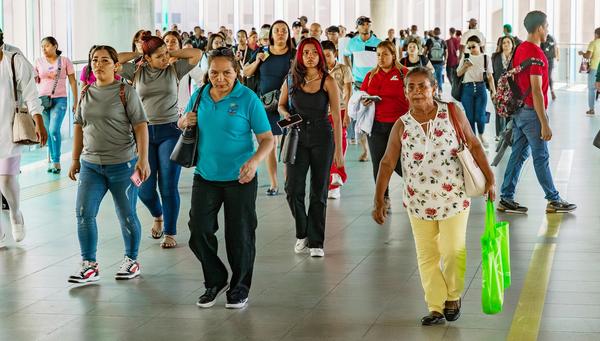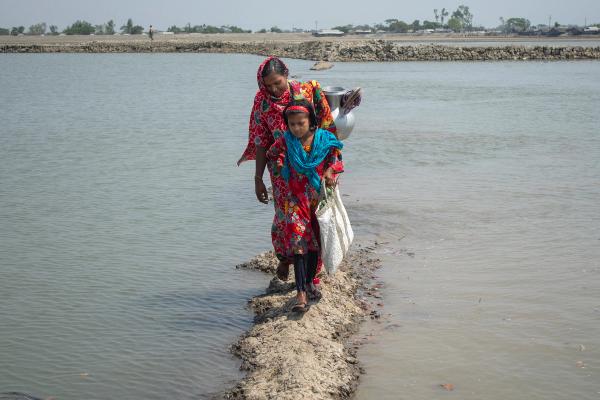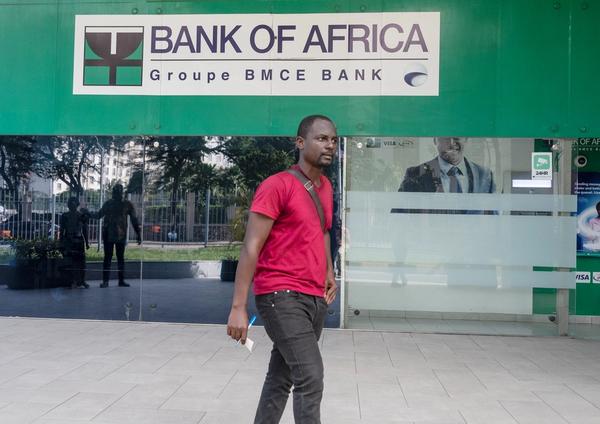About the IMF

On April 30, 2024, the SDR/US dollar was
US$1 = SDR 0.758766
the US dollar/SDR exchange rate was
SDR 1 = US$1.31793
The International Monetary Fund (IMF) is an organization of 191 countries working to promote international monetary cooperation, facilitate international trade, contribute to high levels of employment and real income, promote exchange stability, and help member countries address balance of payments imbalances. The IMF seeks to ensure the stability of the international monetary system: the system of exchange rates and international payments that enables countries and their citizens to transact with one another. All IMF member countries are represented on its Executive Board, which discusses the national, regional, and global consequences of each member’s economic policies; approves IMF financing to help member countries; and oversees the IMF’s capacity development efforts. This Annual Report covers the activities of the Executive Board, IMF management, and the IMF staff during the financial year May 1, 2023, through April 30, 2024, unless noted otherwise. The contents reflect the views and policy discussions of the IMF Executive Board, which has actively participated in the preparation of this Annual Report.
The IMF’s Three Main Roles

Economic Surveillance
128 country health checks
Through surveillance, the IMF monitors the international monetary system, as well as the economic and financial policies of its member countries. As part of this work, carried out at both the country and global levels, the IMF highlights possible risks to stability and advises on policy adjustments. Country surveillance includes regular (usually annual) consultations with individual member countries, known as Article IV consultations. Under the Financial Sector Assessment Program (FSAP), the IMF also conducts regular in-depth analysis of systemically important financial sectors.
Go to Economic Surveillance

Lending
A total of $70 billion to 30 countries, including about $15 billion to 20 low-income countries, for a total of $357 billion to 97 countries since the start of the pandemic
The IMF provides financing to member countriesexperiencing actual, potential, or prospective balance of payments needs to help them rebuild their international reserves and restore conditions for strong economic growth, while correcting underlying problems. The IMF also provides fast-disbursing emergency financing with limited conditionality—and greatly expanded such financing following the onset of the COVID-19 pandemic.
Go to Lending

Capacity Development
$382 million for hands-on technical advice, policy-oriented training, and peer learning
The IMF works with countries to strengthen their economic institutions by providing technical assistance and training on critical economic issues. This work helps countries implement more effective economic policies and tackle complex challenges. The IMF shares its knowledge with government institutions such as finance ministries, central banks, statistical agencies, financial supervisory agencies, and revenue administrations through hands-on advice, training, and peer-to-peer learning. IMF capacity development (CD) is delivered in person and remotely by IMF staff members, short-term experts, long-term in-country resident advisors, and advisors at regional CD centers, as well as through classroom training, hands-on workshops and seminars, and free online courses.
Go to Capacity Development
The IMF’s headquarters is in Washington, DC, and its offices around the world aim to promote its global reach and maintain close ties with its members. For more information on the IMF and its member countries, visit IMF.org.